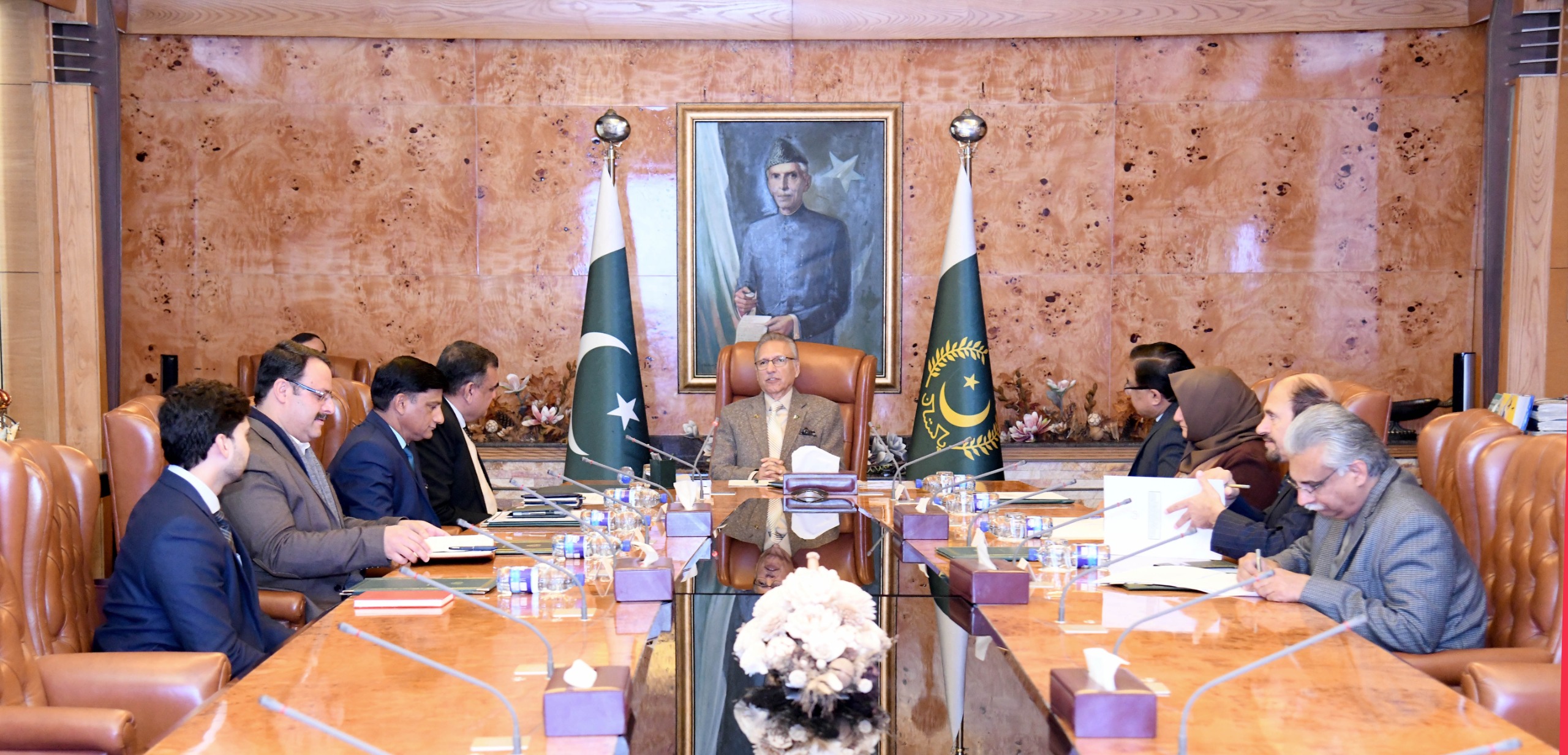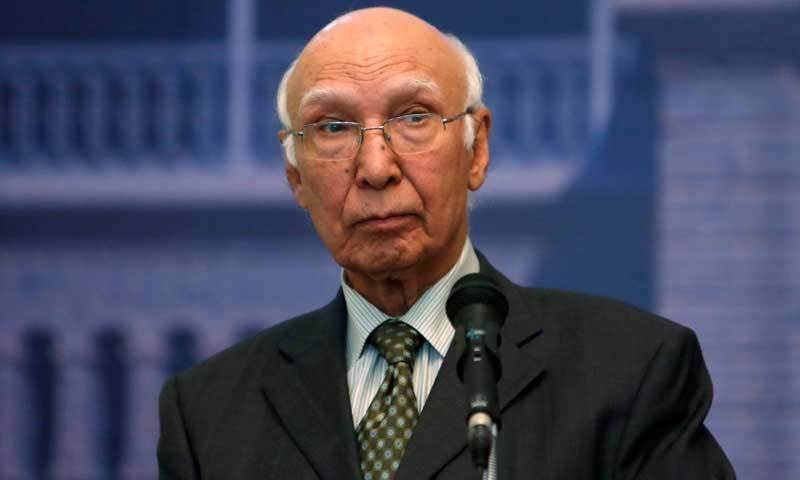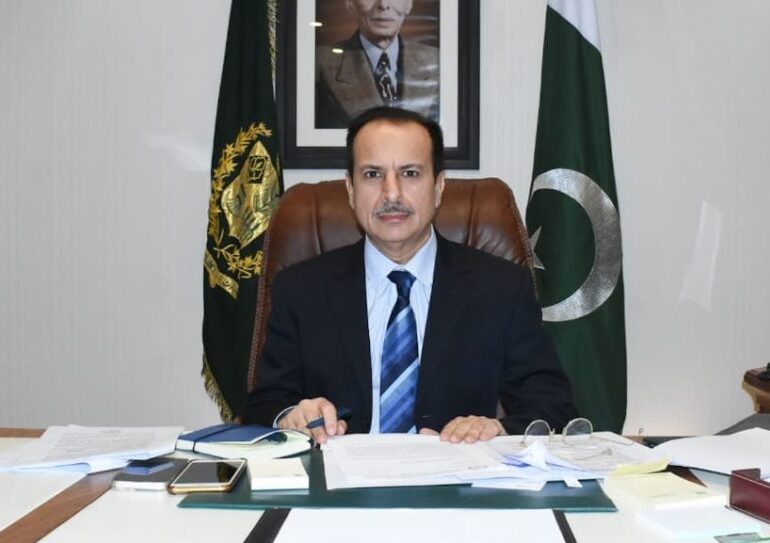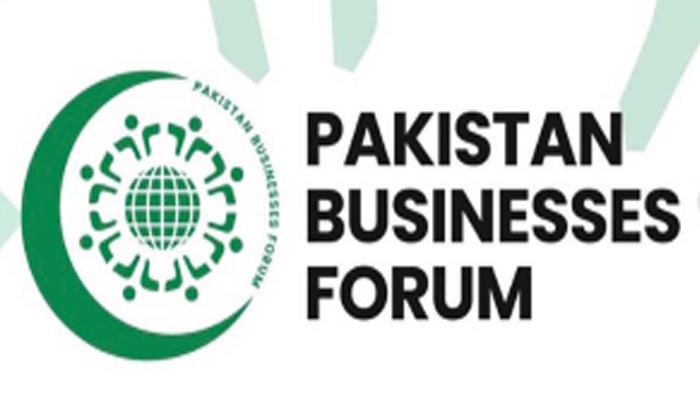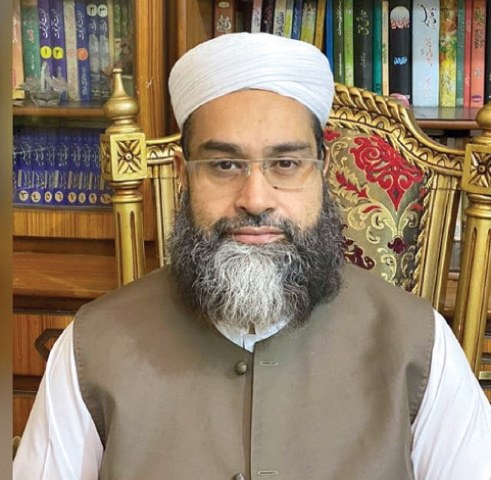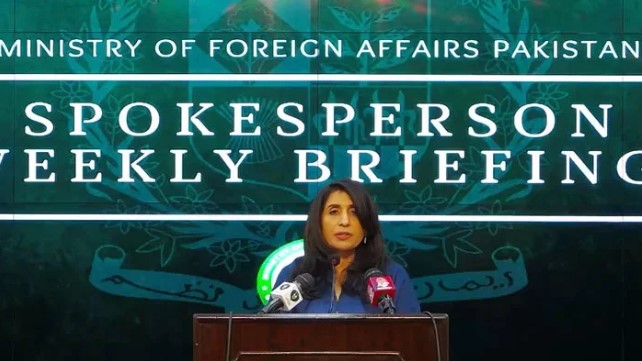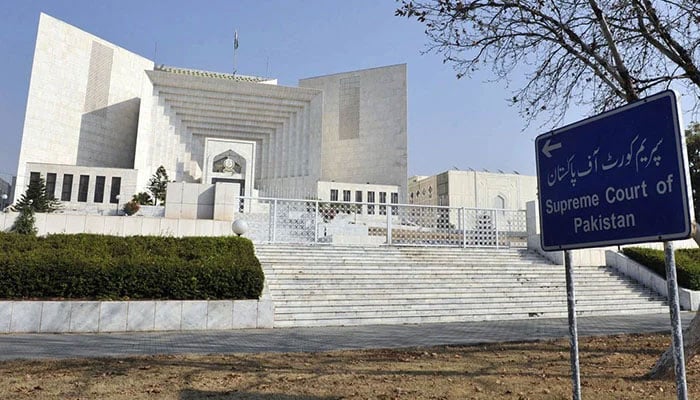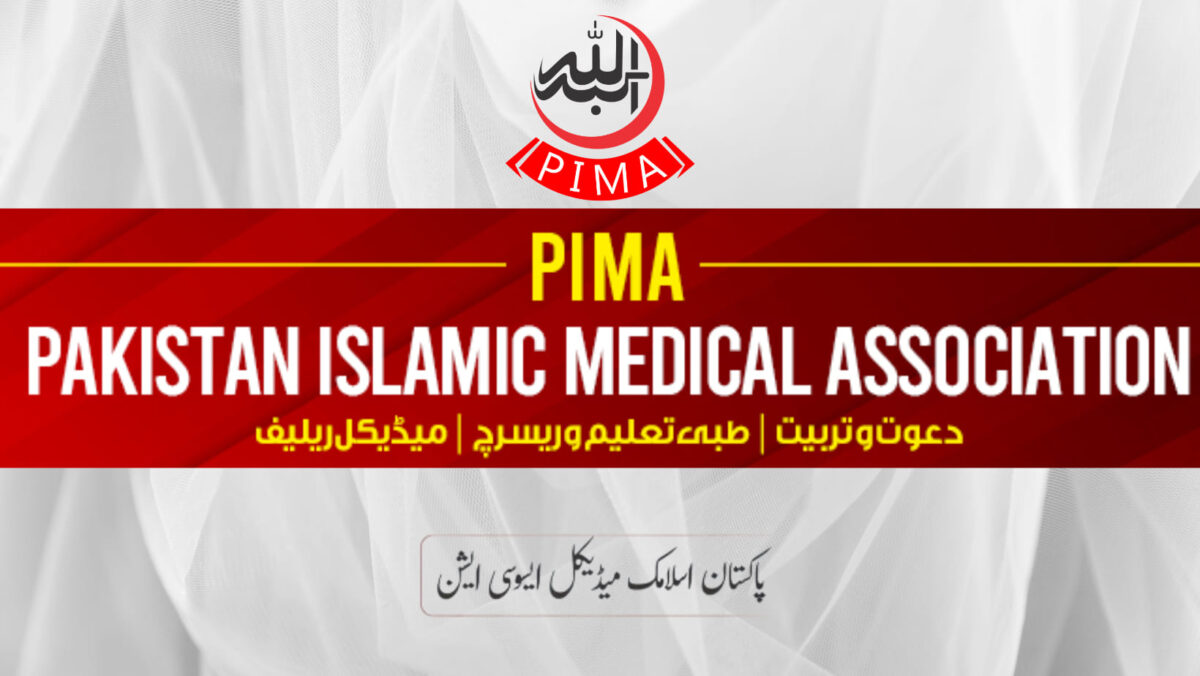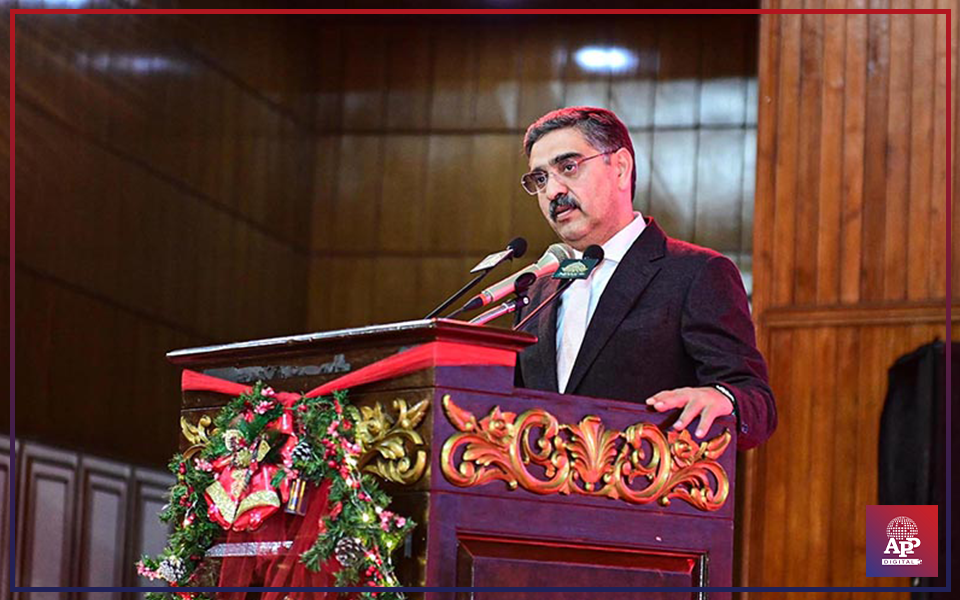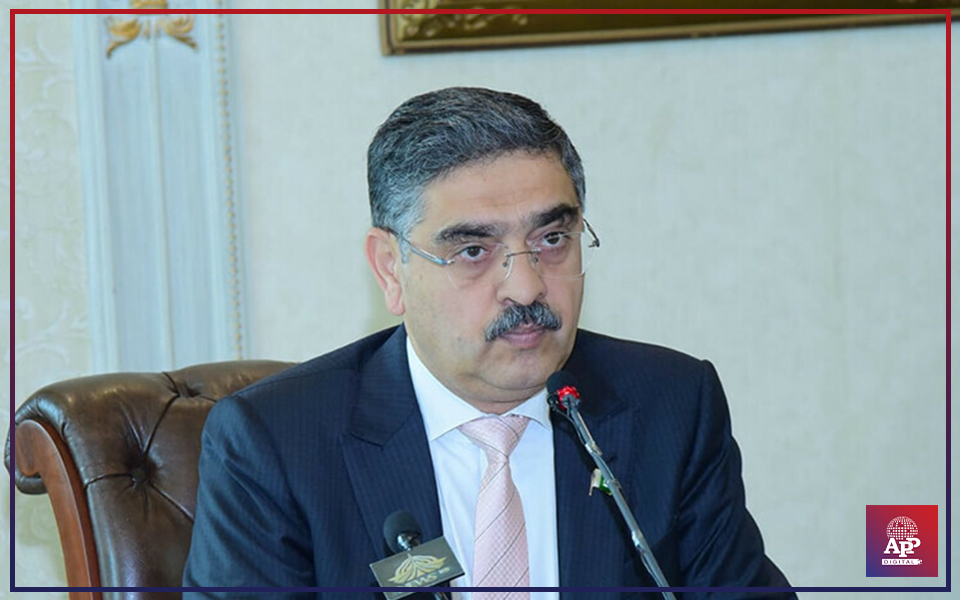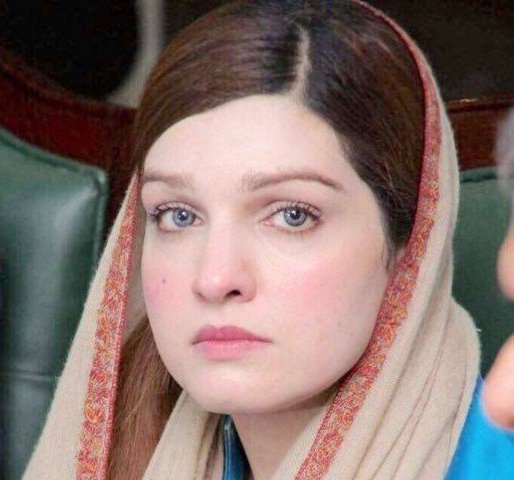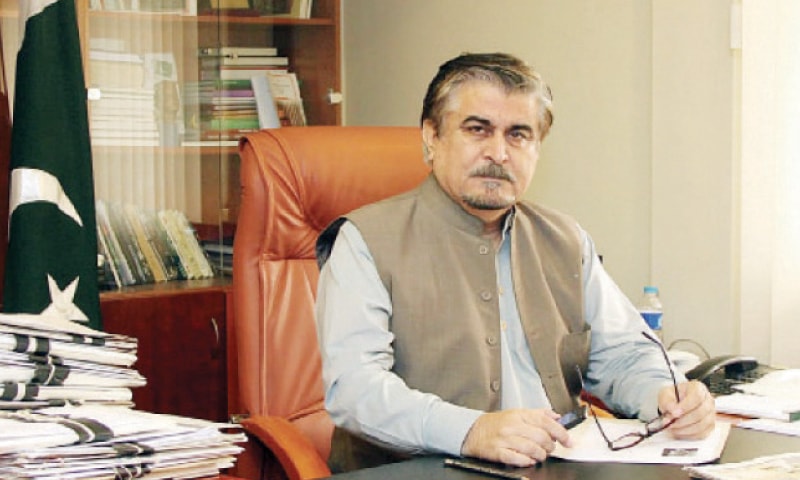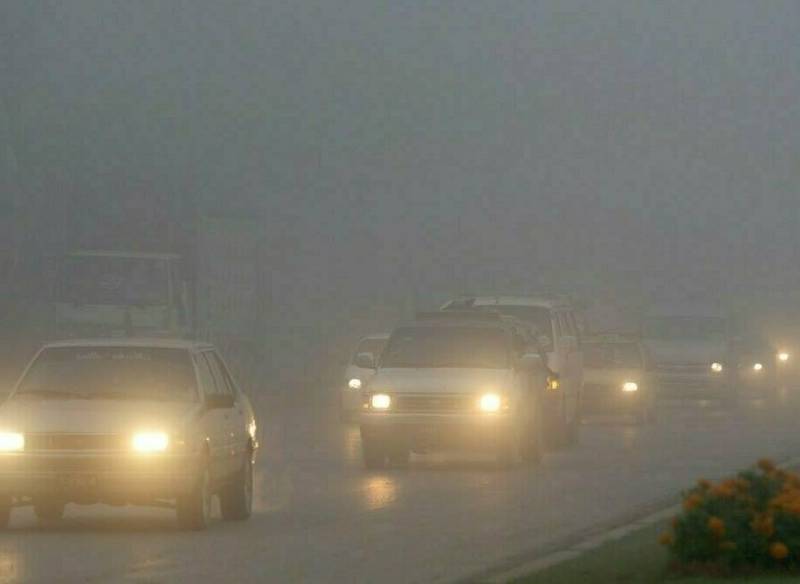ISLAMABAD, Jul 13 (APP):In order to analyse the possible future policy approach of India under the third term of Prime Minister Narendra Modi and consider policy options for Pakistan, the India Study Centre (ISC) at the Institute of Strategic Studies Islamabad (ISSI), organised a round-table titled “Modi 3.0, What to Expect Regarding Pakistan-India Relations?”
The Round-table was attended by senior diplomats, academics, heads of think-tanks, journalists, and area specialists, said a press release issued on Saturday.
The panellists had the consensus view that at the moment, given the developments in post-election India and the dynamics of BJP-led NDA government, no major breakthrough was expected as far as relations between India and Pakistan were concerned.
They noted that the BJP leadership’s sharply anti-Pakistan rhetoric during the Lok Sabha election campaign, relentless smear against Pakistan by Indian Ministers internationally, and continuation of the same security and foreign policy team, clearly indicated that there was no likelihood of a change in New Delhi’s general outlook towards Pakistan or of positive movement in India-Pakistan relations.
The panellists cautioned that statements from Pakistan indicating its willingness to talk to India on all issues were at times misinterpreted by New Delhi was as a sign of weakness. They stressed that while Pakistan should remain open to the possibility of constructive engagement, the onus remained on India to create an enabling environment for result-oriented dialogue.
They recommended ‘strategic patience’ while discussing policy options for Pakistan – underlining that Pakistan should pursue good-neighbourly relations on the basis of mutual respect, sovereign equality, and peaceful resolution of all outstanding issues including the Jammu and Kashmir dispute.
The participants underscored the importance of upholding Pakistan’s principled position on Jammu and Kashmir and proactively pursuing it at all appropriate international fora.
The panellists also underscored that the BJP Ministers’ statements about Azad Jammu and Kashmir and Gilgit Baltistan should not be taken lightly; nor the possibilities of a false flag operation orchestrated by the Indian side be ruled out.
Many participants also stressed the importance of shedding the misplaced notion among some circles that Pakistan’s economic security somehow depended on re-opening bilateral trade with India.
The panellists further recommended that, as part of the efforts to advance its overall national development goals, Pakistan must continue to work for a peaceful external environment, find a sustainable solution to the challenges in Pakistan-Afghanistan relations, optimise the potential of Pakistan-Iran relations, and deepen its partnership with the Central Asian countries focused on economic integration and connectivity.
The panellists also recommended that Pakistan should further strengthen its relations with major powers – including deepening of understanding and mutually beneficial relationship with the U.S.; pursuing closer collaboration with Russia on energy as well as regional security and connectivity; and fortifying all-weather strategic cooperative partnership with China. Pakistan should also cultivate productive partnerships with Middle Eastern nations, ASEAN, EU, and Africa, they stressed.
The participants were of the view that Pakistan’s upcoming term as the elected member of United Nations Security Council (2025-26) offered a valuable opportunity to further advance Pakistan’s foreign policy goals and its contribution to international peace and security.
مضمون کا ماخذ : خوش قسمتی کا رش
